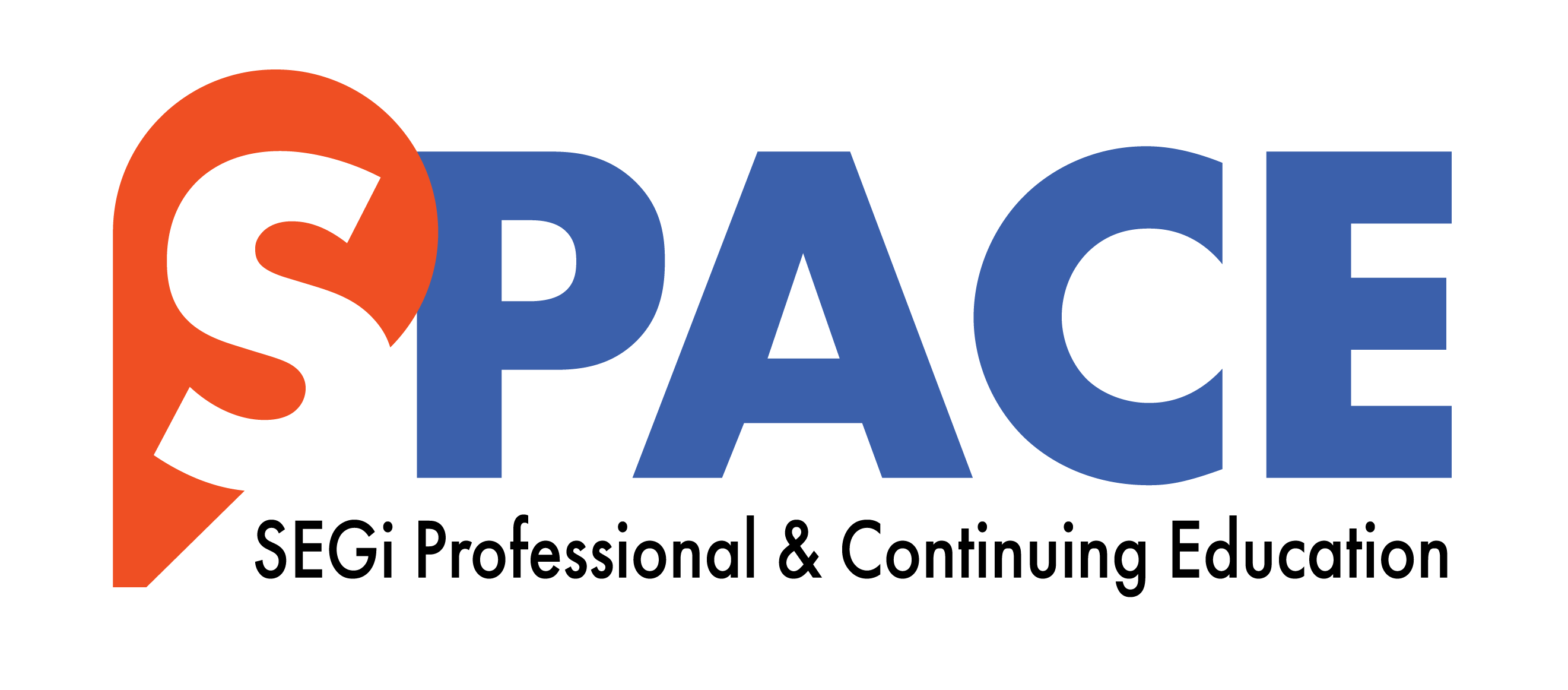Flexible Learning That Enhances Your Potential
Micro-credential certification in Quantitative and Statistical Methods QSM2463 (BAF)
This programme introduces the basic statistical concepts in business applications. Topics covered include basic concepts of data collection, numerical descriptive measures, correlation & regression, time series analysis, probability and hypothesis testing.
Note: Subject relates to Bachelor of Accounting & Finance

This programme is designed, delivered, assessed and awarded by SEGi University.
Entry Requirements - No
Min. Age Requirement - 19 Years Old and Above
Language Proficiency - Yes
Numeracy Proficiency - No
Prerequisites - No
- An Introduction To Quantitative And Statistical Methods
- Quantitative Skills Using Microsoft Excel
- Data Presentation
- Measures Of Central Tendency (Location)
- Measures Of Dispersion
- Correlation
- Regression
- Time Series And Forecasting
- Introduction To Probability
- Discrete Probability Distribution
- Continuous Probability Distribution
- One- Sample Tests Of Hypothesis
Assignment 1 - 60%
Final Examination - 40%
- Bachelor of Accounting & Finance
Upon successful completion of this Bachelor of Accounting & Finance programme and meeting the necessary entry requirements, students will be able to progress into the following programme(s):
- Master of Financial Planning
- Master of Accountancy
- Master of Business Administration (Global Business)
- Master of Business Administration (General Management)
Students will enhance their skills in the workplace across various fields and industries. Here's how they can be beneficial: Data-driven decision making, problem solving, performance measurement, risk assessment, quality control, market research and resource optimization.
